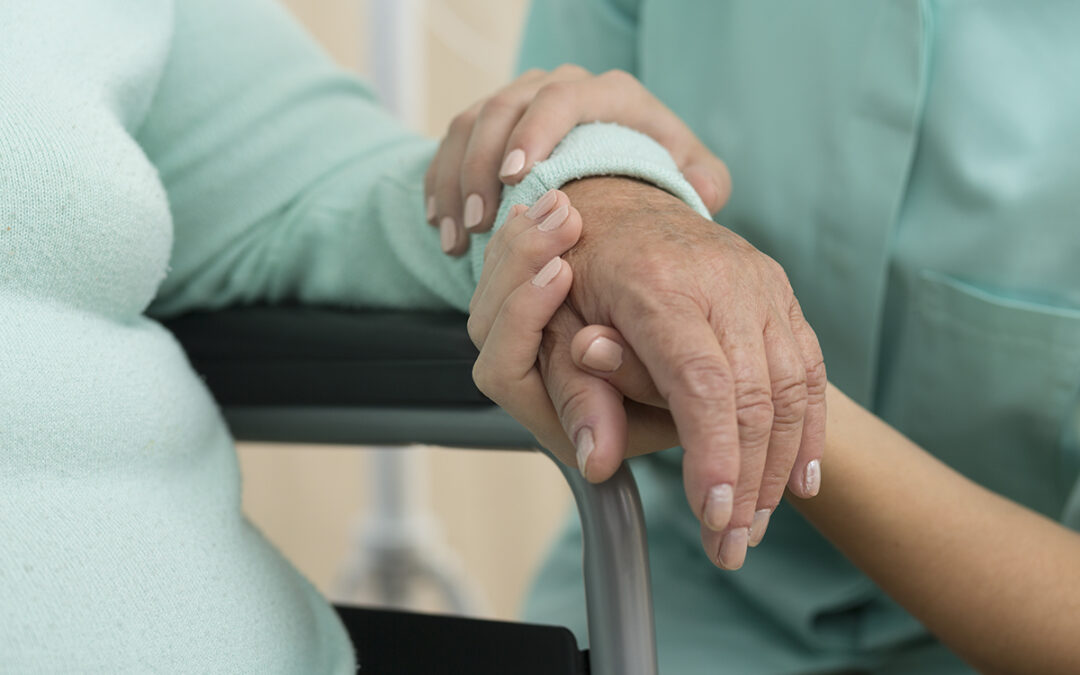
by Pronet Studio | Nov 17, 2023 | News
Respect for patient autonomy underpins medical ethics and quality of healthcare. The patient, as the subject of treatment, has the right to make decisions about his or her health and treatment. The value of this autonomy is increasingly recognised in today's...

by Pronet Studio | Nov 13, 2023 | News
Patients with chronic illnesses often need long-term care and medical support. In such cases, it is crucial to ensure not only effective treatment, but also the dignity and quality of life of the patient. Understanding the needs of patients...

by Pronet Studio | Nov 10, 2023 | News
Integrative medicine is an approach to healthcare that combines different forms of therapies and medical approaches to improve a patient's health. This approach takes a holistic approach to health, treating the patient as a whole, taking into account their physical,...

by Pronet Studio | Nov 6, 2023 | News
The COVID-19 pandemic, which broke out in December 2019, has had a huge impact on our lives. With the spread of the SARS-CoV-2 virus, people around the world have been forced to adapt to a new reality. One area that has been affected and evolved ...

by Pronet Studio | Nov 3, 2023 | News
Paediatrics is the branch of medicine that deals with the health and treatment of children. With advances in science and technology, paediatric medicine is also evolving, but it is not only science and technology that matter. Increasingly, attention is being paid to the aspect of...






Recent Comments